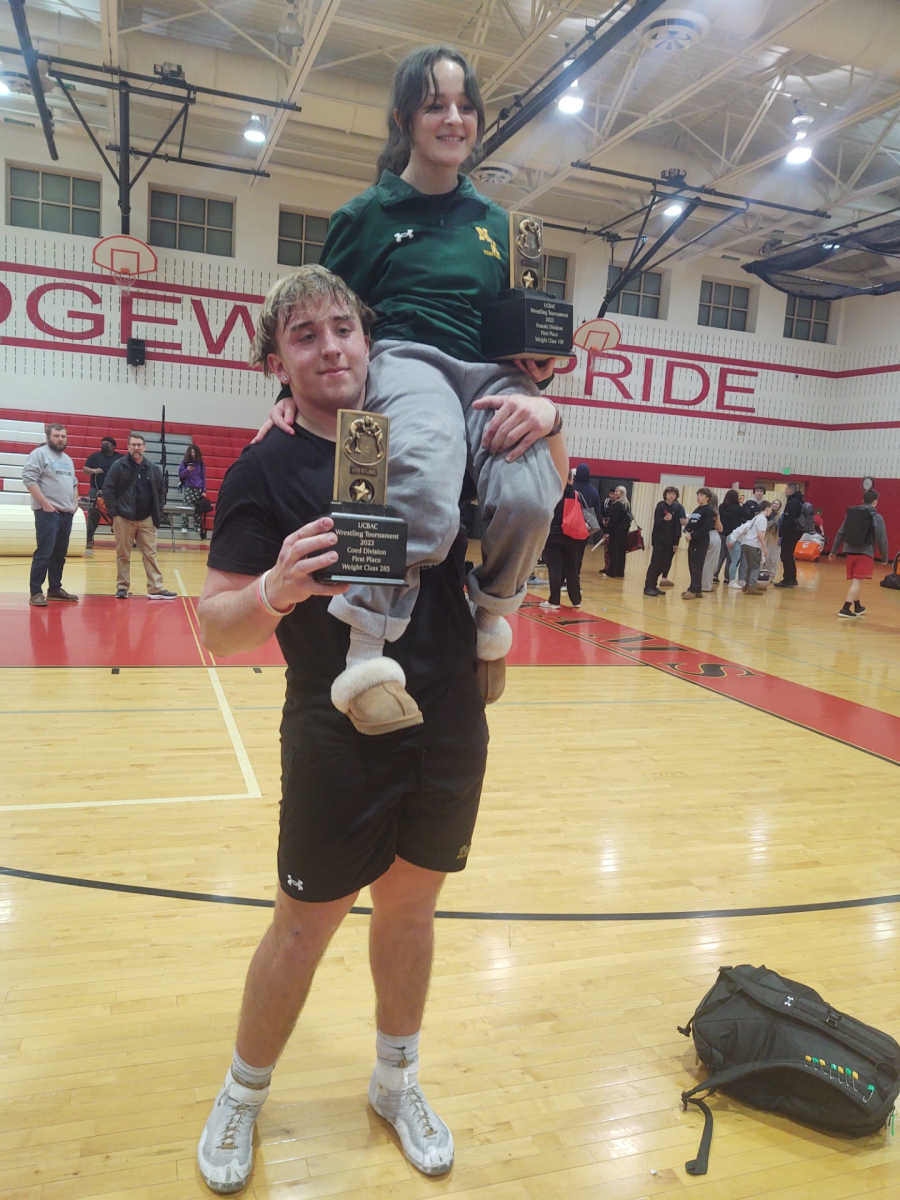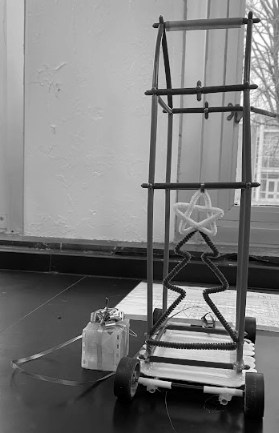Siegel’s aquaculture goes swimmingly
During a magnet student’s senior year, they have to complete a Capstone project. Many students work out of school on their projects with professional mentors. Senior Evan Siegel is conducting his project a little differently than most. His project is located in science teacher Laura O’Leary’s classroom. He is working on a self-sustaining aquaculture system that can be used to perform research and educate students.
A self-sustaining aquaculture system is a system that is used to keep water healthy and clean. It operates by filtering the water in the tank so it can be refused. Many times, big corporations use this eco-friendly system to filter the water for their aquatic life. This system helps dramatically decrease the amount of space and water needed and helps maintains a healthy and clean environment for the aquatic life.
According to Siegel, he came up with this idea in class. His class was studying about self-sustaining aquaculture systems and how much they benefit schools.
“I saw how much these systems benefitted schools that had them,” said Siegel, “And I felt our school could really benefit due to our agricultural background.”
All capstone projects cost money, but a project like this is very expensive. Due to the high expense of his project, Siegel had to apply for a grant. With the help of his capstone teachers and his mentor, Siegel was granted $1,000 to conduct his project.
“I got the grant from the SGA by applying for one,” said Siegel. “And I had to talk to them explaining why the money will help the school.”
At this point in the year, many students in the capstone class will begin to collect and analyze their data.
“I have collected all the key parts,” said Siegel. “And now I just have to get all the smaller connecting pieces.”
When done, each student will have their own poster to present their project to teachers, families, and friends at the end of the year.






